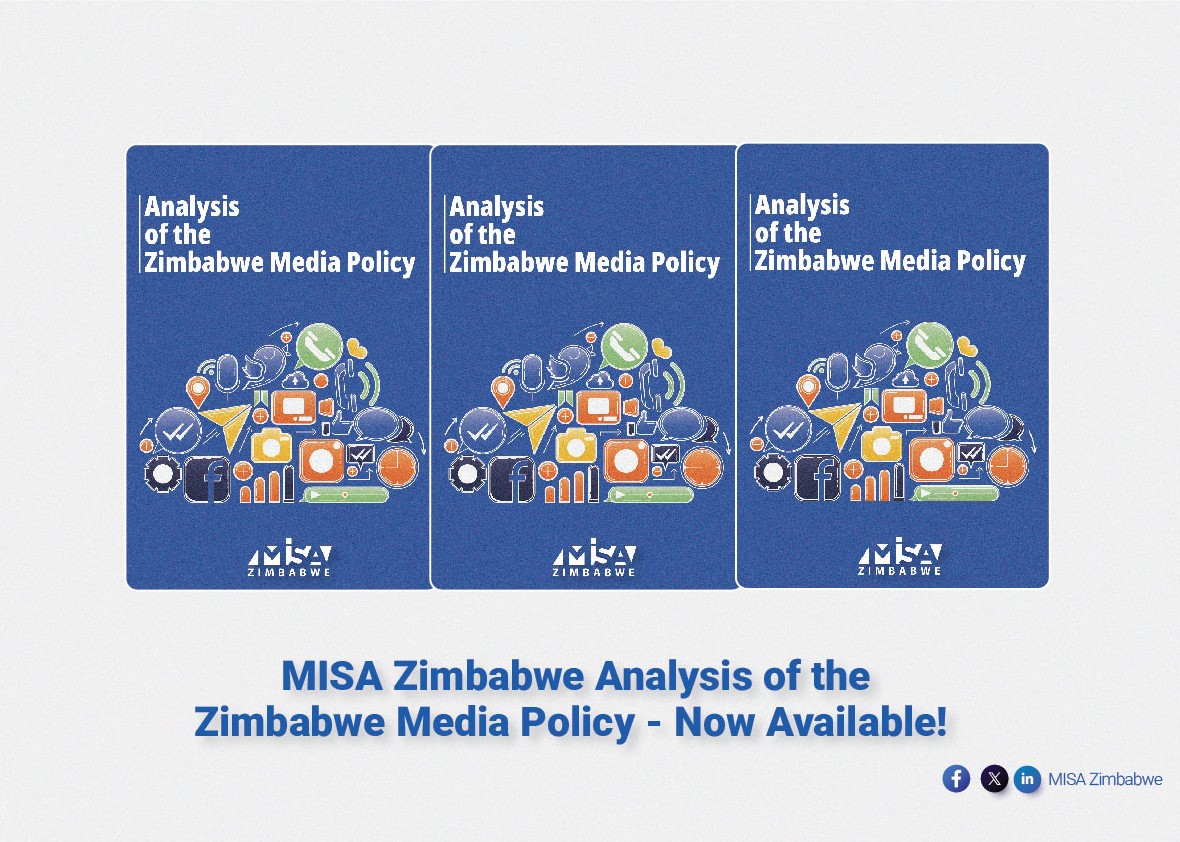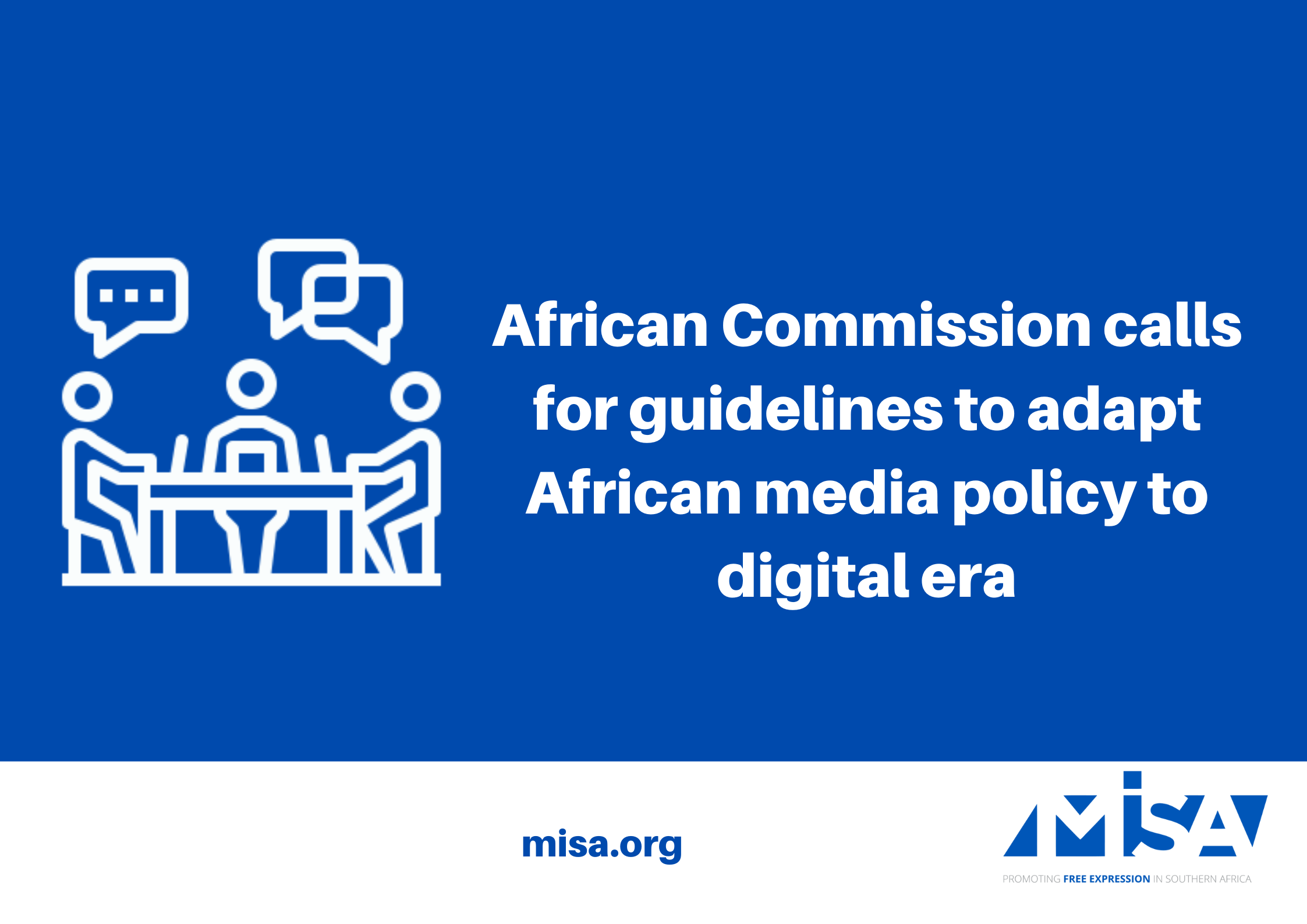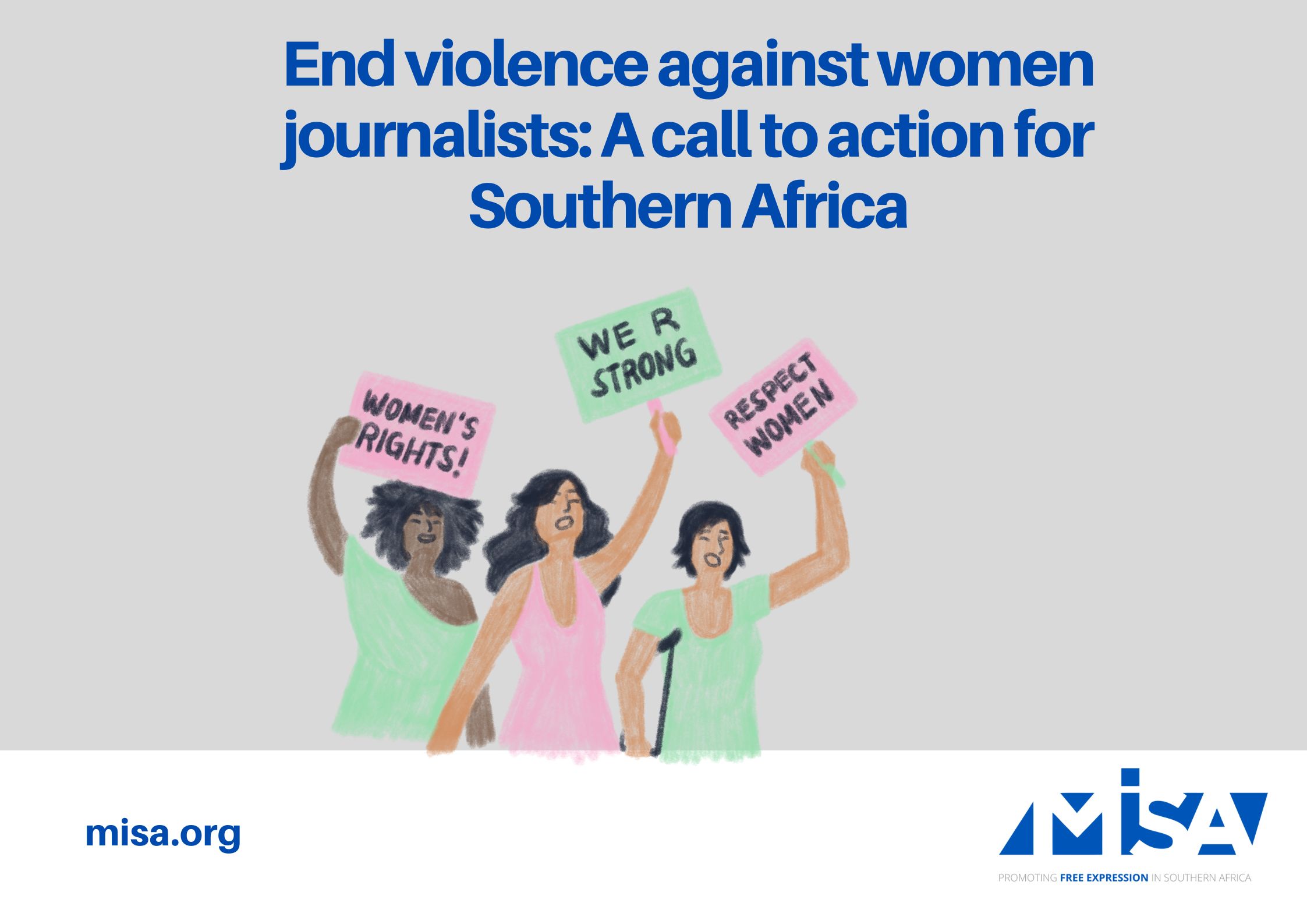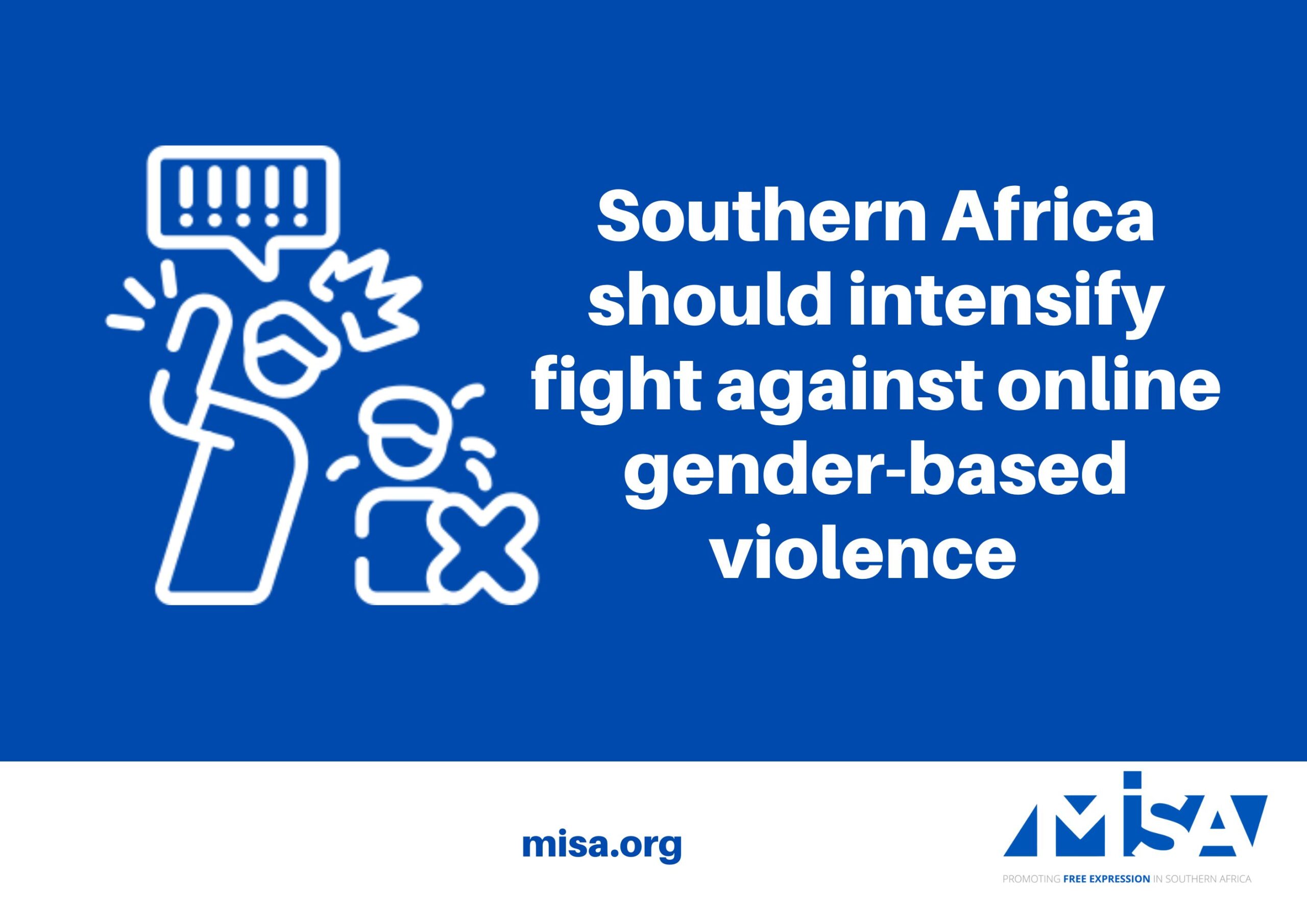Media law reform and media regulation
Years after the adoption of the 2013 Constitution (PDF), which contains a universally acceptable Bill of Rights, there has not been any meaningful shift in the country’s statutory media regulation legislation and policies to make these constitutional gains a reality.
The statutory Zimbabwe Media Commission is empowered through the Access to Information and Protection of Privacy Act PDF. (AIPPA) with the registration and licensing of media houses and accreditation of journalists.
The government-sanctioned Information and Media Panel of Inquiry on 18 March 2015 officially released its report and recommendations on Zimbabwe’s information and media sectors urging the government to review and repeal the country’s restrictive media laws.
The report recommends the repeal of laws such as the Access to Information and Protection of Privacy Act (AIPPA), Criminal Law (Codification and Reform) Act (CODE) (PDF), Broadcasting Services Act (BSA) (PDF), Censorship and Entertainment Controls Act (CECA) , Official Secrets Act (OSA) and Copyright and Neighbouring Rights Act, among others.
MISA Zimbabwe’s push for self-regulation is thus defined by the restrictive legislative environment.
Media law reform news from our chapters
MISA Zimbabwe Analysis of the Zimbabwe Media Policy – Now Available!
Introduction On 28 May 2025, Zimbabwe launched the Zimbabwe Media Policy, with President Emmerson Mnangagwa urging government ministries, business entities, professional bodies, cultural and artistic groups, and media practitioners to unite in ensuring the realisation...
MISA launches fifth annual state of press freedom report
MISA Regional officially launched the fifth edition of the State of Press Freedom in Southern Africa report on 8 May 2025, a key evidence-based advocacy tool for improving the safety of journalists in the region. The 2025 report was launched at the belated...
African Commission calls for guidelines to adapt African media policy to digital era
The African Commission on Human and Peoples’ Rights (ACHPR) has urged the Special Rapporteur on Freedom of Expression and Access to Information in Africa to consult with African stakeholders to evaluate their perceptions of public service content in the modern digital...
End violence against women journalists: A call to action for Southern Africa
International Women’s Day, observed each year on 8 March, should act as a clarion call for what the region must do to empower women and girls, especially in the media. In recent years, there has been a marked increase in hate speech and cyberbullying,...
Southern Africa should intensify fight against online gender-based violence
Southern African governments, civil society organisations and other key stakeholders should develop robust and coordinated strategies to fight the menace of online gender-based violence (OGBV). A survey conducted by MISA Regional in collaboration with UNESCO to...








